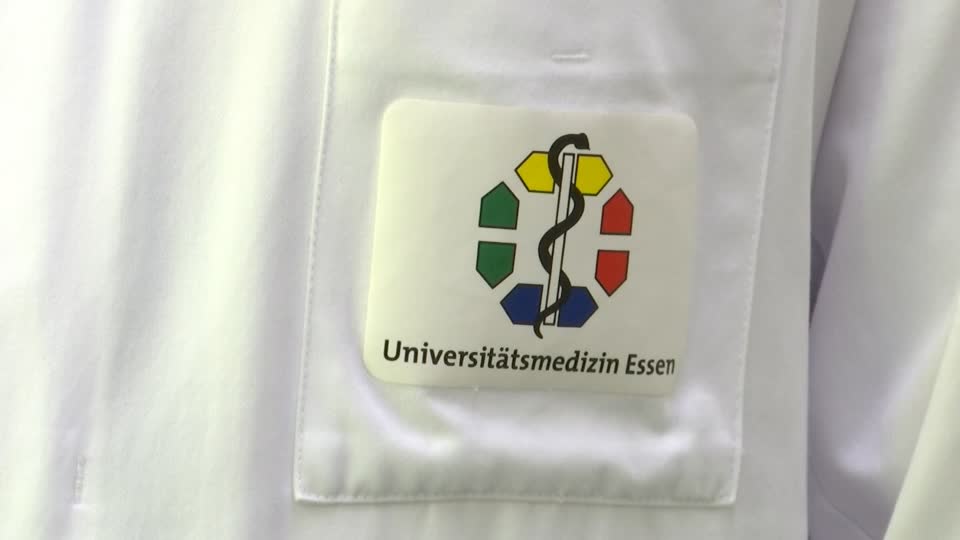A German neurologist who has been treating patients affected by thrombosis linked to the AstraZeneca vaccine said on Wednesday (March 31) that most of the general population would not need to be worried about negative side effects, and that underlying health risks were involved in severe cases.
Dr. Christoph Kleinschnitz who is the director of the Essen University Hospital’s Clinic for Neurology explained that in two recent severe cases of cerebral venous thrombosis, including the death of a 36-year-old man, low blood platelets and cerebral haemorrhage also played a role after they received a vaccine.
“Risk factors raise the risks minimally in the normal population, that must be clearly put on record so that people are not afraid to take birth control and such,” he said, naming conditions such as obesity, a sedentary lifestyle, and being on birth control.
“These are minimal increases of risk. But if different risk factors come together … and you get a vaccine on top of that, and in the end, the system decompensates and is overloaded, and these severe cases can occur.”
German federal and state health ministries agreed that from Wednesday AstraZeneca’s COVID-19 vaccine can be used for people aged 60 and above, following further reports of a rare brain blood disorder, a document on their agreement showed.
Acting on advice from Germany’s vaccine committee, known as STIKO, the ministries also agreed the Anglo-Swedish firm’s vaccine could be used for high-risk patients aged below 60 as well as for high-priority groups such as medical workers.
Earlier, STIKO recommended the shot only be used for people aged 60 and above “on the basis of available data on the occurrence of rare but very severe thromboembolic side-effects”.
The European Medicines Agency (EMA) has said it has so far found no causal link between the vaccine and the incidents. The World Health Organization has also said there was no proven link and people should not panic.
The organisation is investigating reports of 30 cases of unusual blood disorders out of 5 million people who got the AstraZeneca vaccine in the EU.






